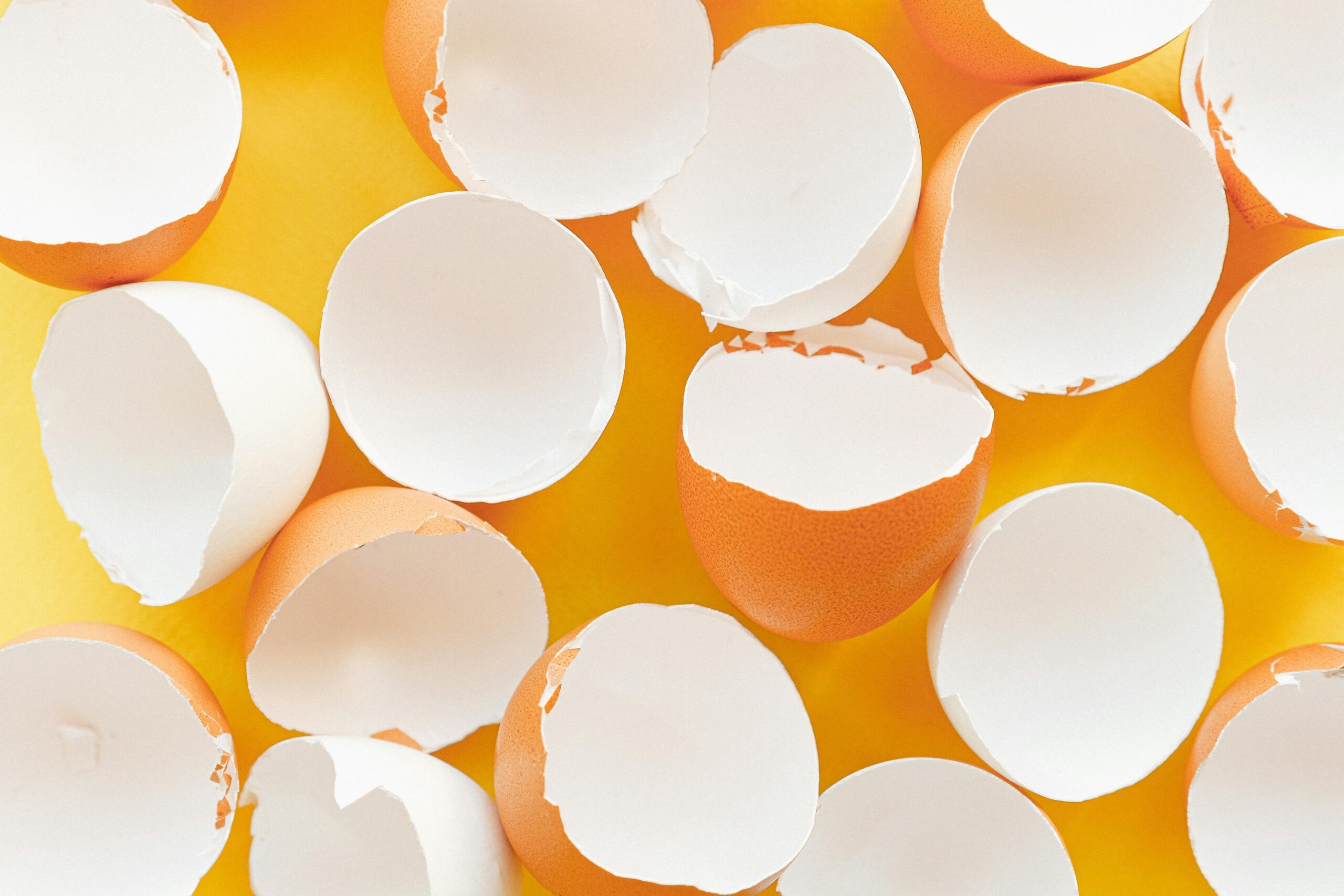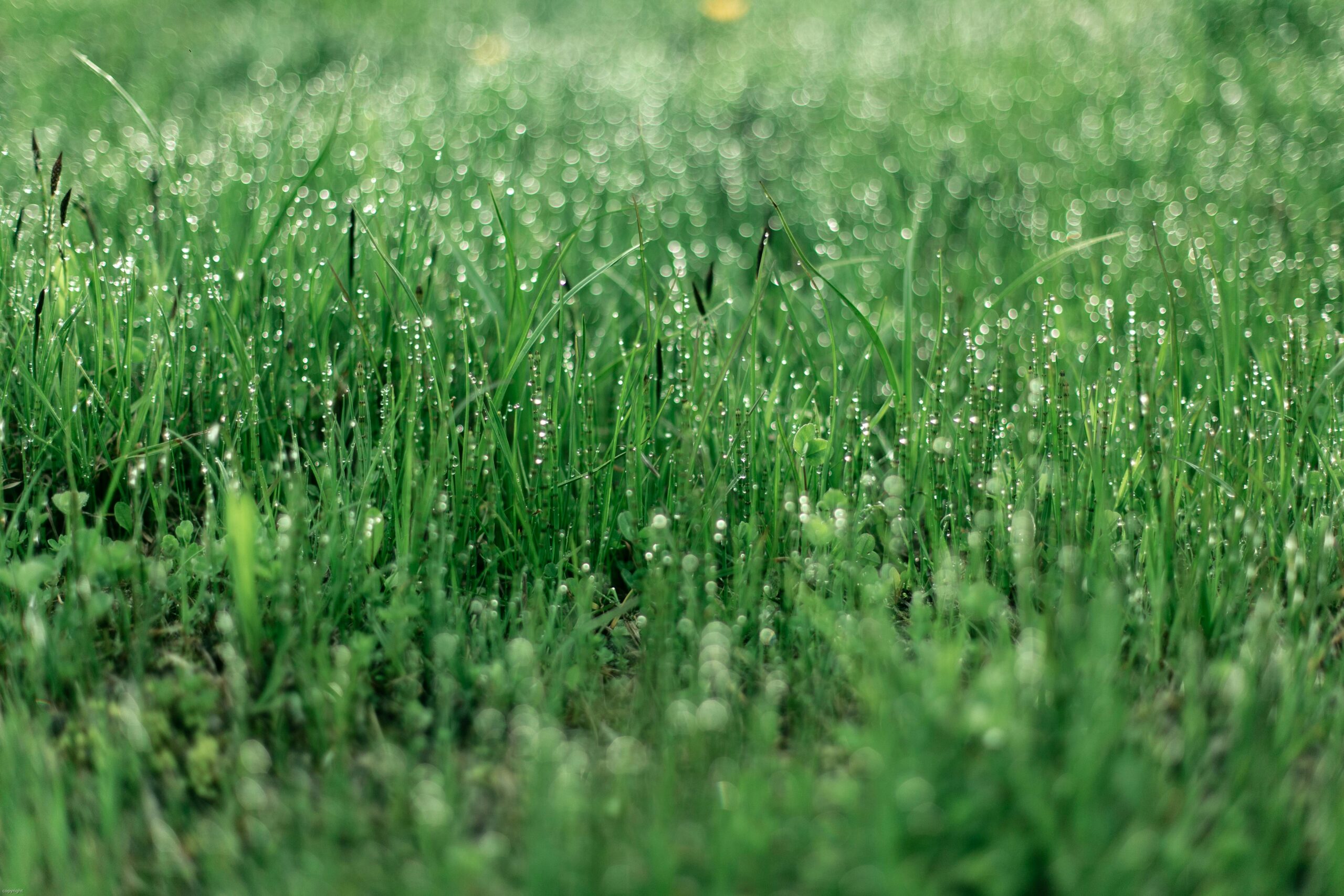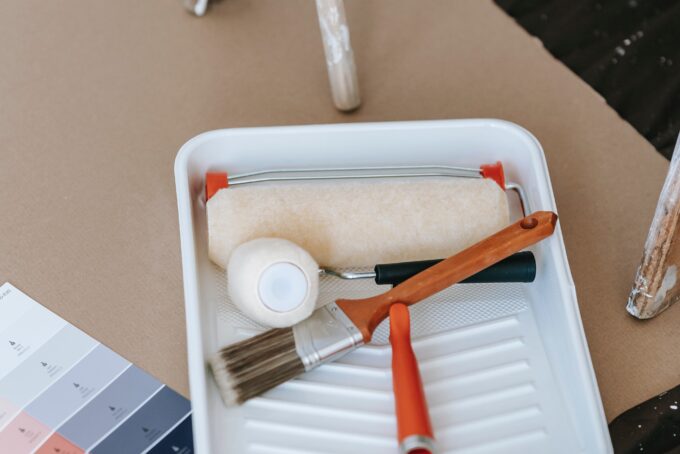Whether you heard it from your Mama or somewhere on social media, there’s certainly no shortage of old wives’ tales surrounding home maintenance and improvement. And while certain tales do have some truth to them, many home myths are totally untrue and can actually lead well-meaning homeowners astray.
By debunking these ridiculous home myths, homeowners can make better-informed decisions about how to take care of their homes. Plus, doing so can save a lot of time, money, and resources in the process.
If you want to learn which tales are pure fiction, here are six common home myths that need to be put to rest.

Leaving the fan on in an empty room cools it down faster.
A lot of people think that when you leave the ceiling fan on in an empty room, the room will somehow cool down more quickly. And while this would be a wonderful way to save money on cooling costs, it just isn’t true.
Fans work by circulating air, which creates a wind-chill effect. This can make you feel cooler, but the temperature in the room isn’t really lower than it was before. In fact, leaving a fan on when you’re not there only serves to waste electricity — and money.
Closing vents in unused rooms saves energy.
If you think closing your vents in an empty room can help you save energy, think again. The idea behind this popular myth is that by closing the vents in an unused room, you can redirect that airflow to other rooms instead.
But modern HVAC systems are designed to operate with a balanced airflow throughout a living space. So when you close the vents, you’re effectively disrupting this balance, forcing the system to work way harder than it needs to. And unfortunately, as a result, you’re only left with a damaged system that needs costly repairs.

Eggshells sharpen garbage disposal blades.
You might’ve heard the old wives’ tale that throwing eggshells down your garbage disposal can sharpen its blades. But before you go tossing your eggshells down the drain, think twice.
Of course, the purpose of a garbage disposal is to grind up leftover food scraps, but what it isn’t meant to do is crush hard objects like shells. In fact, putting any kind of hard materials down the drain can cause quite a bit of damage to the blades, reducing the lifespan of your disposal.
So the next time you think to put hard or fibrous materials like eggshells or coffee grounds down the disposal, just toss them in the trash or compost instead.
Pouring bleach down the drain eliminates odors.
In many households, bleach is an all-purpose superstar. It cleans, it disinfects, and it deodorizes just about anything. Because of this, many people think that pouring a little bleach down a smelly kitchen or bathroom drain can remove its odor.
And sure, bleach can temporarily mask odors, but it doesn’t eliminate the source of the smell. Not to mention, pouring bleach down the drain doesn’t only ruin your pipes, but the environment, too.
For a healthier solution, try using a mix of baking soda and vinegar or even a store-bought natural enzyme-based cleaner to break down organic matter and eradicate harsh smells the right way.

You need to water your lawn every day.
Taking care of your lawn is a part of being a responsible homeowner. But too much care — i.e. overwatering — not only wastes water but can slowly lead to shallow root systems and a greater risk for pests and diseases.
Keep in mind that most lawns only need an inch or so of water per week. So when you water your lawn, be sure to water deeply but less frequently to encourage deep root growth and a healthier, more xerophilic lawn.
Turning off electronics saves energy.
While turning off electronics when you’re not using them is a marker of responsible homeownership, too many people think that their TVs, computers, and other electronics stop consuming power when turned off.
However, most electronics use standby power, — a.k.a. phantom or vampire power — even when switched off. To keep your electricity costs low, try using power strips or unplug your devices altogether to reduce energy waste.
popular posts
- 1It’s Black Business Month, So Let’s Go Shopping and #BuyBlack!
- 2These Home Decor Items Will Instantly Make Your Space Look Outdated
- 3Black-Owned Home Decor Stores To Support Across the United States
- 4A Look Inside Elon Musk's Tiny $50,000 House
- 57 Black and Multicultural Designers To Follow For Design Inspo
Home

These 5 Kitchen Tools Will Up Your Culinary Experience
by Arielle Clay | January 19, 2023

I’ll Drink To That! Host a Black-Owned Wine & Spirit Tasting At Home
by Arielle Clay | January 20, 2023
Spaces
Whether it’s luxury or ease, every area of your home should be as fabulous and unique as you.
FOLLOW ALONG ON INSTAGRAM
#homeandtexture
Find us on social for more home inspiration where culture, personal style, and sophisticated shopping intersect to help you create a home where you love to live.






